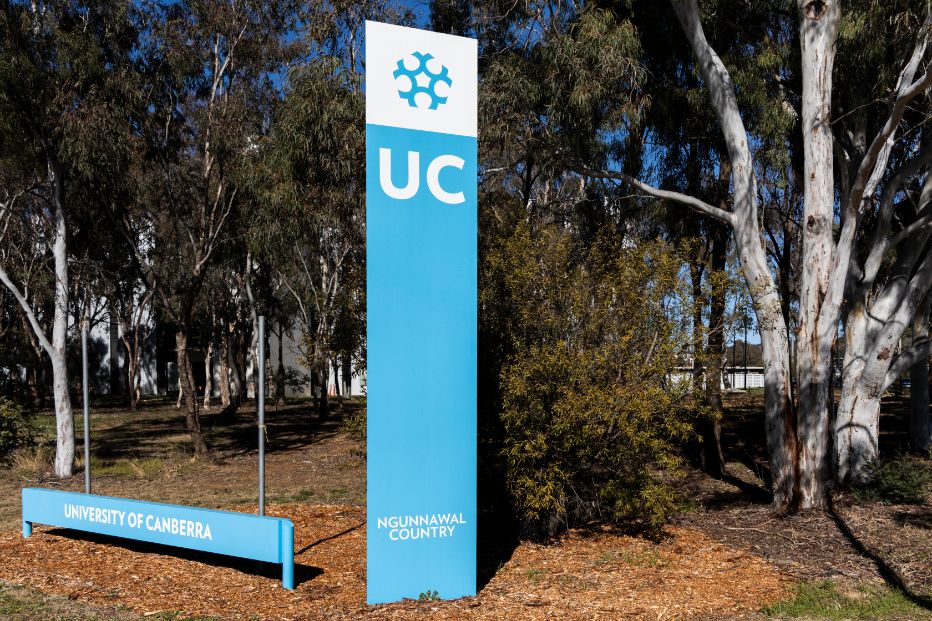While some aspects of the government’s Job-Ready Graduates Bill have been praised by the sector, the University of Canberra (UC) fear it may have some “unintended consequences”.
The Bill was passed through Federal Parliament on Thursday (8 October) after submissions were made to the Senate Committee for inquiry from 3 September.
Under the legislation, university fees in certain disciplines will double, while fees in areas of suspected jobs growth will be slashed.
UC presented a submission to the enquiry, which Acting Vice-Chancellor Professor Geoff Crisp said aligned with the views of the university sector.
“We understood what the government was trying to achieve and interpreted that in terms of giving the students the opportunity to acquire job ready skills in demand in the marketplace,” he said.
“In those terms we do agree with the intent, but our biggest concern was around if there are unintended consequences for groups such as those from lower socioeconomic backgrounds, first in family, Aboriginal and Torres Strait Islander students.”
Humanities and communications courses will be among those that see a rise of 113%, while teaching, nursing and maths are among those with a near 50% cut.
Under the Job-Ready Graduates changes, the Federal Government has also pledged to provide an additional 39,000 university places for domestic students by 2023.
Professor Crisp said he wasn’t sure these pricing changes would necessarily incentivise studying “job-ready” disciplines across all demographics.
“I think the main issue is we can’t treat all students as being a single group. A lot of the discussion about if they will or won’t chose certain disciplines assumed the students are recent school leavers,” he said.
“It’s a long-term prospect and for many of them they don’t have to pay back their loans until they get an income of a certain level.
“However, if we have students who come back to university, or are changing careers, many of those will have financial commitments and families, and I think this will play out differently for those students.”
Universities Australia said while the package’s emphasis on participation was important, the organisation was still concerned that indexation and growth was not protected by the Job-Ready Graduates Bill.
“We are disappointed to see that hasn’t happened but look forward to seeing the details in the guidelines that sit under the legislation,” Universities Australia Chief Executive Catriona Jackson said.
“The Bill includes significant change for students and universities, and we will continue to argue it must be reviewed in future years.”
The university sector has already seen a large hit this year, with the inability to take on international students due to border closures.
Professor Crisp said it was no doubt universities across the board had taken a hit without international students, however their domestic enrolments had increased.
“We aren’t expecting a large number of offshore students commencing in 2021, and whether that will impact 2022 or 2023 … it will be interesting to see but hard to predict at this stage,” he said.
“We have seen an increase in domestic demand, and we tend to see that when there is a disruption in the economy … We are seeing that at the moment for 2021.”



